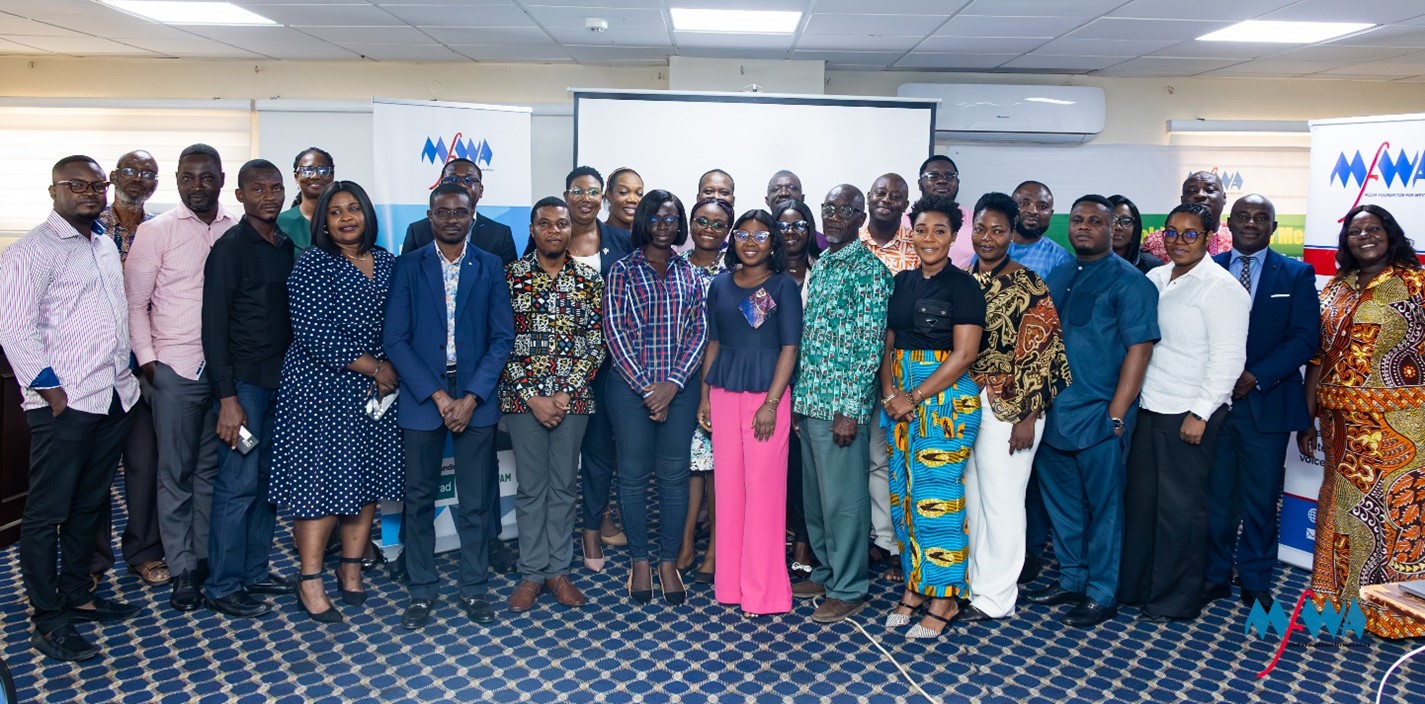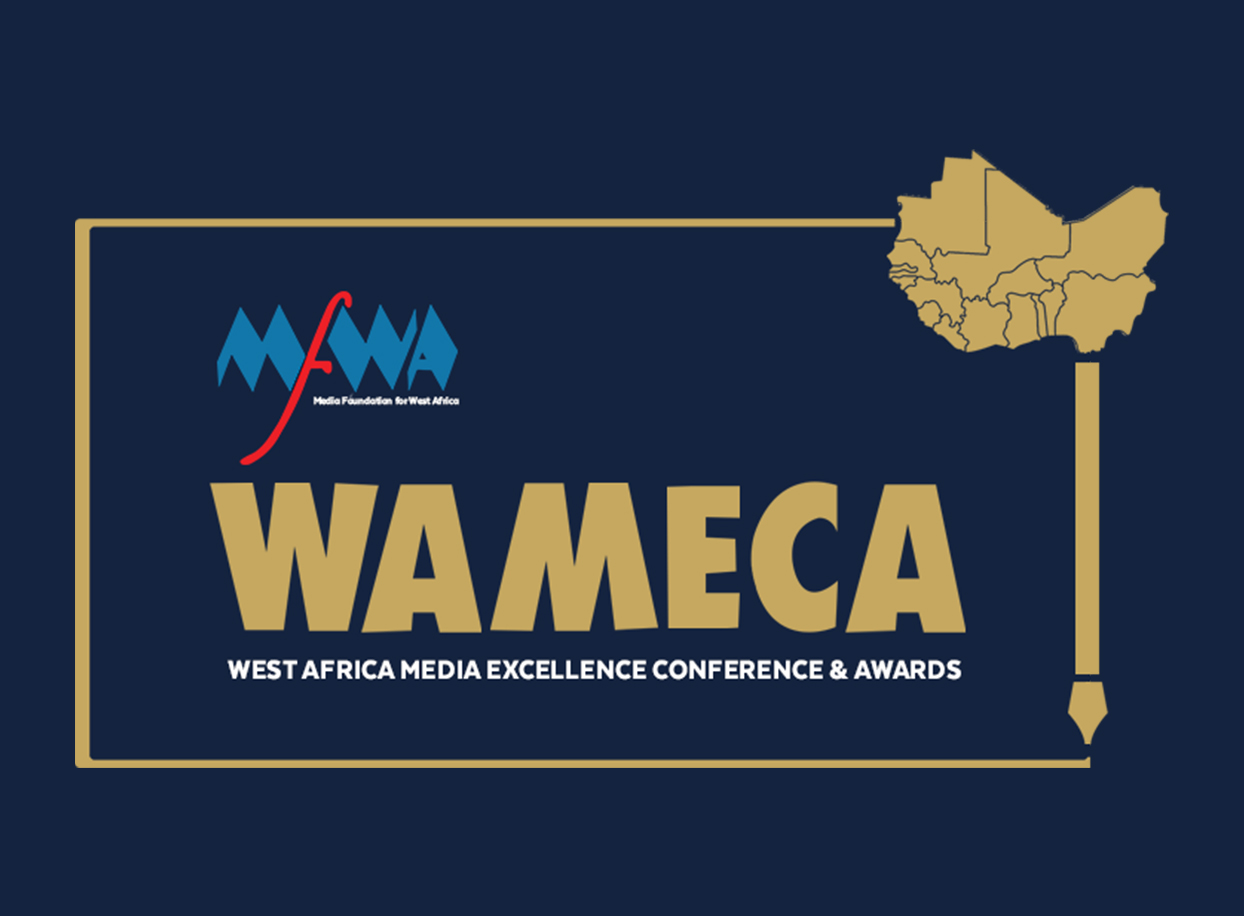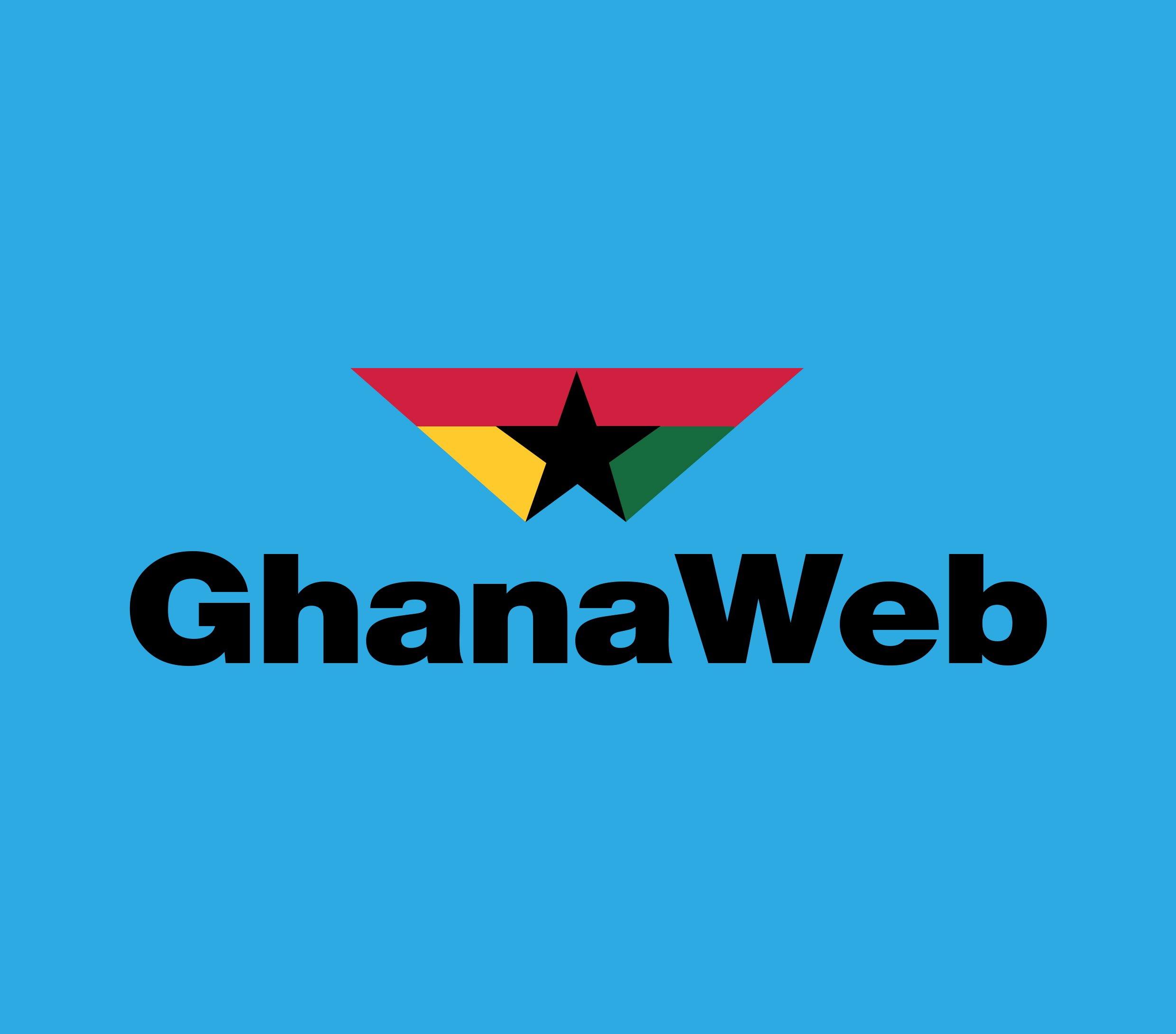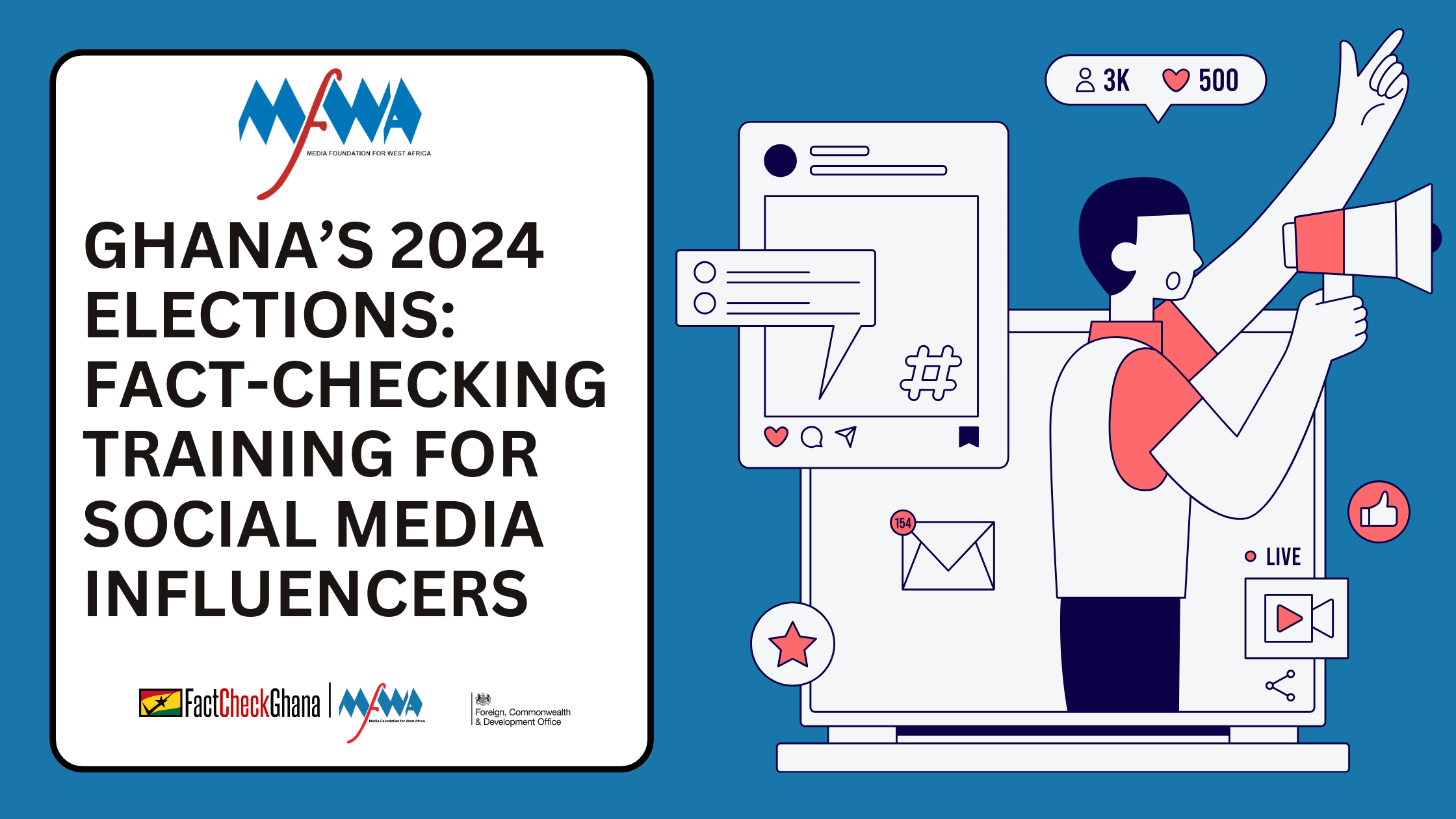The Media Foundation for West Africa (MFWA), in partnership with Oxfam in Ghana and the Norwegian Agency for Development Cooperation (Norad), has convened a stakeholder validation workshop to review a newly developed media guide on Illicit Financial Flows (IFFs), tax justice, and domestic resource mobilisation.
Held on June 12, 2025, in Accra, the workshop forms part of the Tax For Development: Strengthening Civil Society and Media for Fiscal Justice” project funded by Norad and implemented by MFWA and Oxfam in Ghana. The project seeks to build the capacity of journalists to investigate and report on financial crimes, resource governance, and economic justice in Ghana.
The media guide is the product of a series of training sessions and consultations with journalists, civil society actors and relevant public institutions. It aims to provide media practitioners with the knowledge, tools and skills required to critically report on financial flows, tax systems, and national revenue management. Its development was prompted by the limited media coverage of these critical but complex issues in Ghana.
Opening the workshop, Mrs. Rosemond Ebi-Adwo Aryeetey, Senior Manager of the Media for Democracy and Good Governance Programme at the MFWA, welcomed the multistakeholder approach to validating the guide. “This session is an opportunity to reshape the guide into a resource that is representative, practical, and impactful,” she stated, expressing appreciation to participants for their insights.
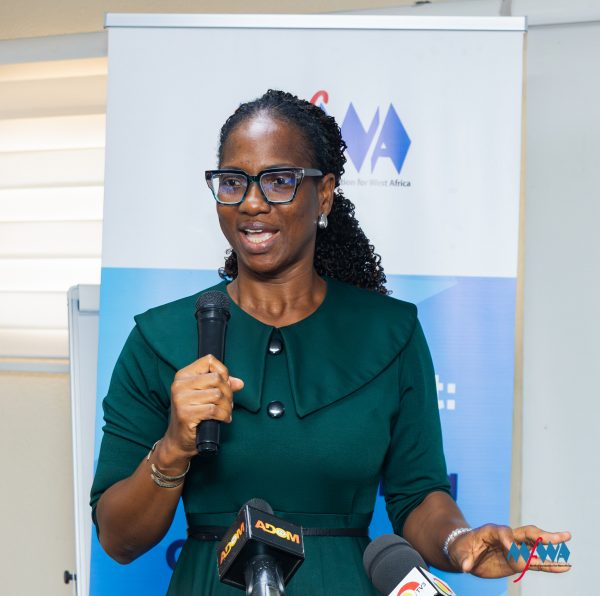
Dr. Angela Azumah Alu, Fiscal Policy Advisor at Oxfam in Ghana, echoed the need for a tool that serves both journalists and society at large. “Our goal is a guide that can be easily integrated into the daily work of journalists and ultimately contribute to greater accountability and improved governance in Ghana,” she noted.

Providing an overview of the guide, Dr. Bishop Akolgo, Director of Technology Integration Point Ventures and lead consultant, explained that the 14-chapter document demystifies key financial terms and identifies legal and institutional loopholes that enable IFFs and undercut national revenue. He stressed that taxation should be seen as a tool to regulate liquidity and economic stability, not solely as a mechanism for funding infrastructure. He further outlined how the media can act as watchdogs in uncovering financial abuses, breaking down technical issues for the public, and holding governments and corporations accountable.
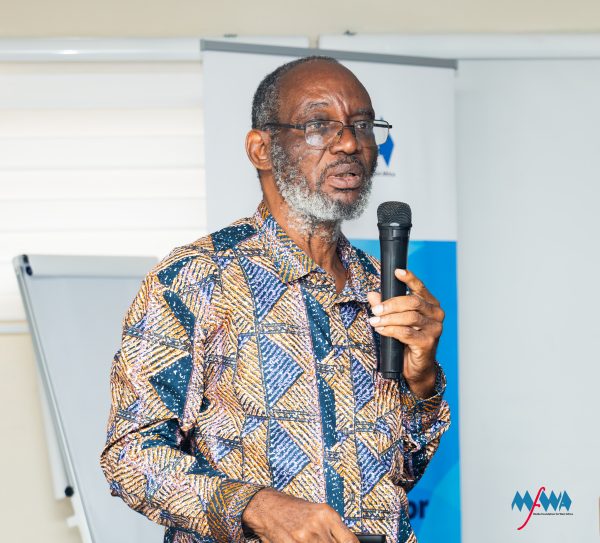
Journalists and representatives from civil society and state institutions welcomed the guide as timely and essential. They emphasised the importance of capacity building and access to credible sources in enabling the media to play its role in promoting transparency and accountability in economic governance.
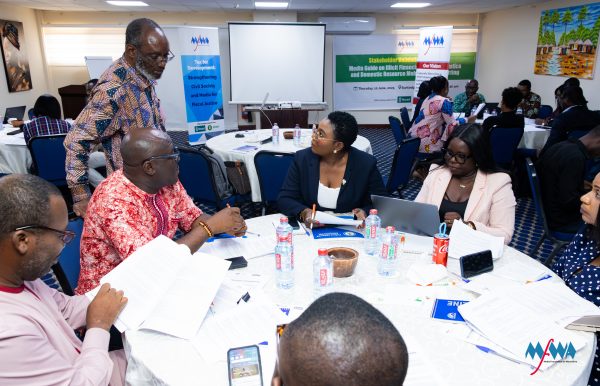
They also contributed a range of suggestions for strengthening the guide, including making it a basic resource for general financial reporting rather than investigative work. Other key recommendations included incorporating content on cybercrime, using simple language, and presenting case studies to illustrate complex concepts. Attendees also called for links to useful networks and websites, a glossary of terms, and periodic reviews of the guide.
The workshop also gave space for practical feedback from media practitioners. Naomi Obenewaa, a reporter with the Network of Women in Broadcasting and Peace FM, described the stakeholder engagement as “commendable” and suggested the inclusion of more scenarios in simple English to enhance understanding.
Adnan Adams, Editor of Economy Times and a member of the Institute of Financial and Economic Journalists (IFEJ), said, “The document is a great effort towards making journalists’ work on IFF reporting much easier. More resources are needed to widen the knowledge.”
Rebecca Ekpe, Public Affairs Officer of the Ghana Journalists’ Association, welcomed the guide as a much-needed resource in newsrooms. “Helping journalists to navigate complex issues on Illicit Financial Flows, tax justice and domestic revenue mobilisation reporting, given the volume of information and the complexity amidst the backdrop of fake news and Artificial Intelligence, is laudable. I would recommend this manual for all newsrooms. You may want to consider another round of validation after today’s input.”
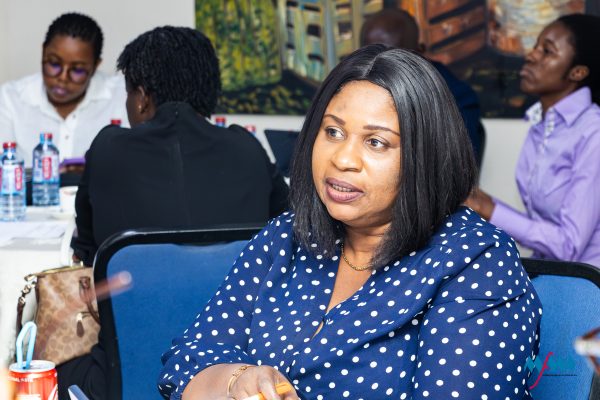
From a regulatory perspective, Seth Nana Amoako, Head of Analysis at the Financial Intelligence Centre, noted the value of the workshop. “The programme was well organised. It brought together all the relevant stakeholders. Excellent group discussions and presentations as well. The duration was short, maybe we can use one full day for such programmes in future.”
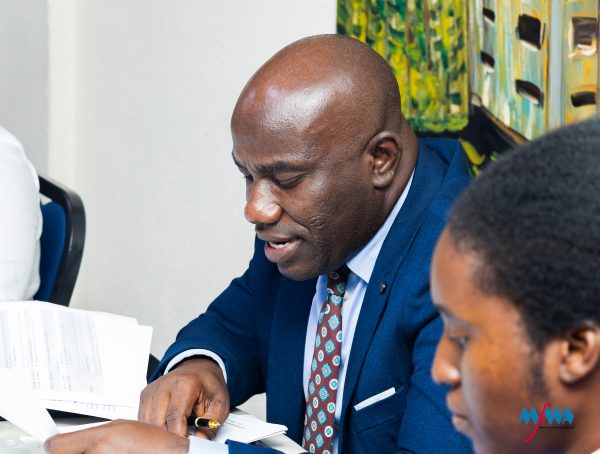
Closing the session, Mrs. Aryeetey thanked participants for their constructive feedback, noting that the final version of the guide will reflect the contributions made. The revised guide is expected to be launched on July 16, 2025.


